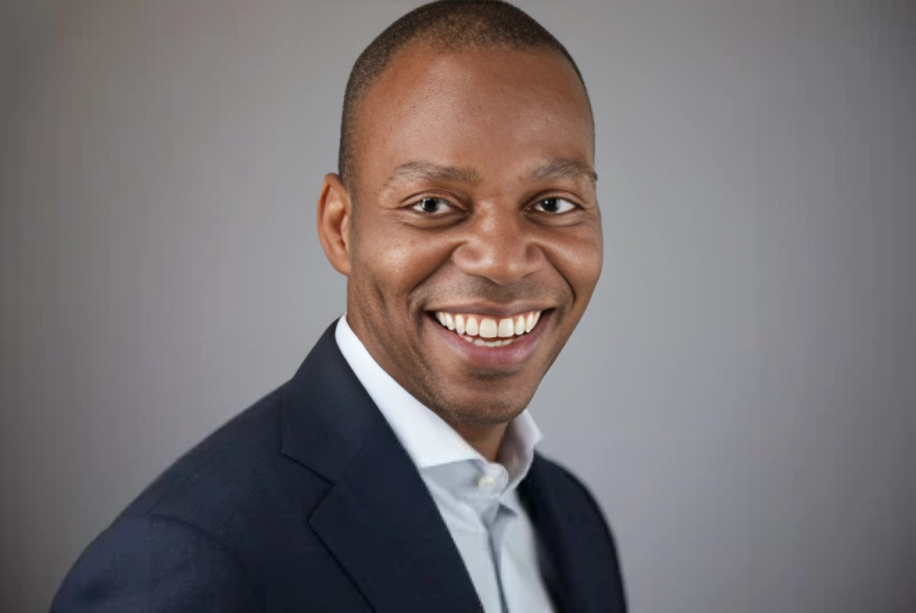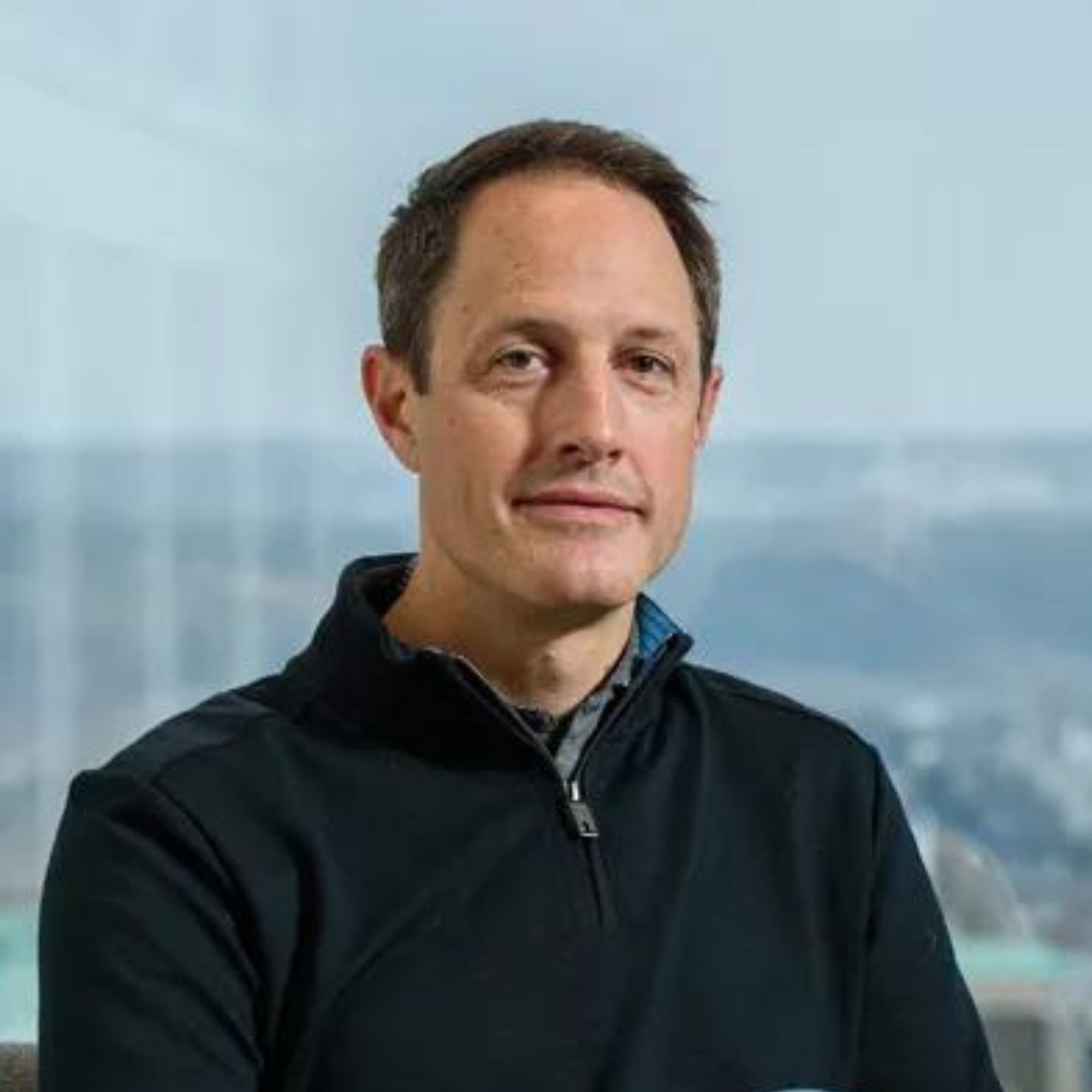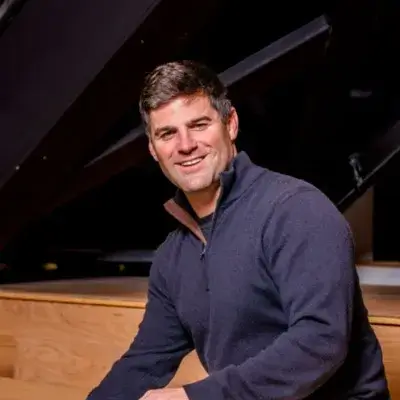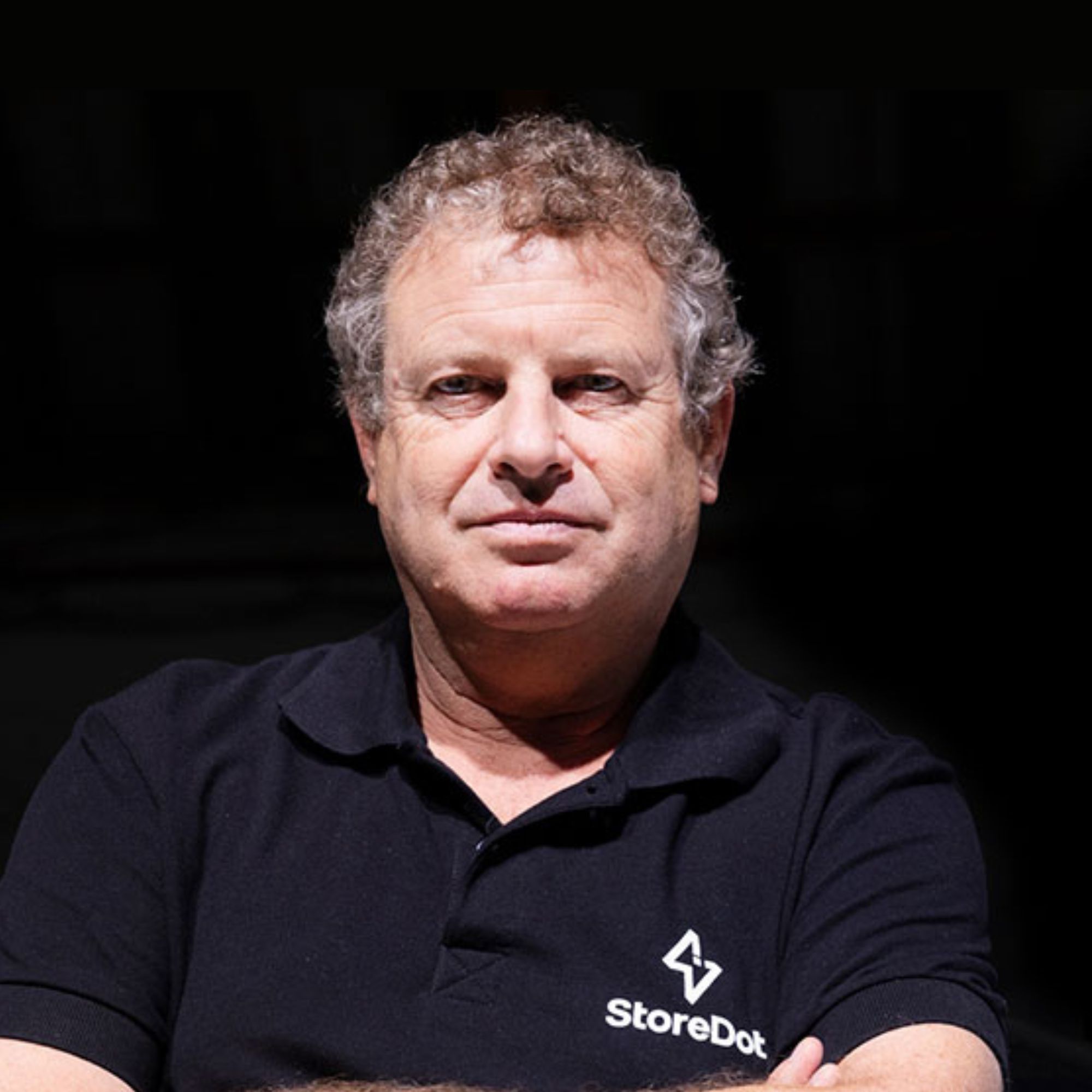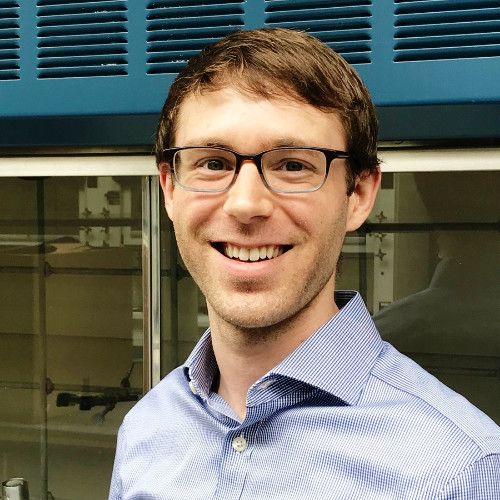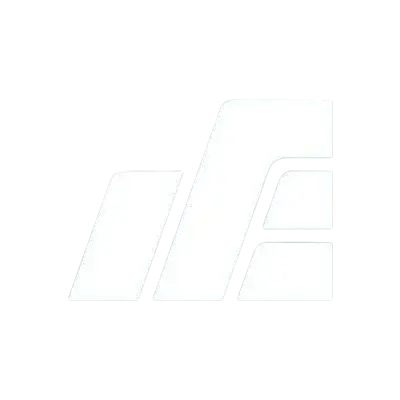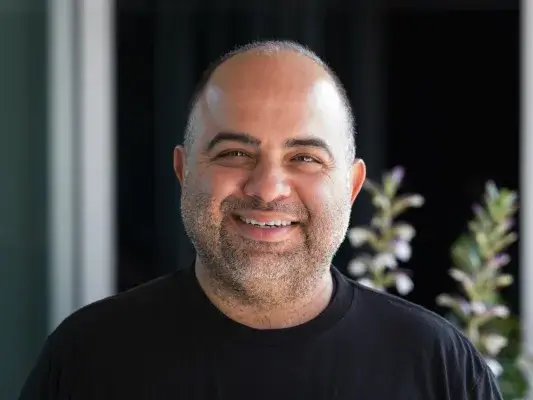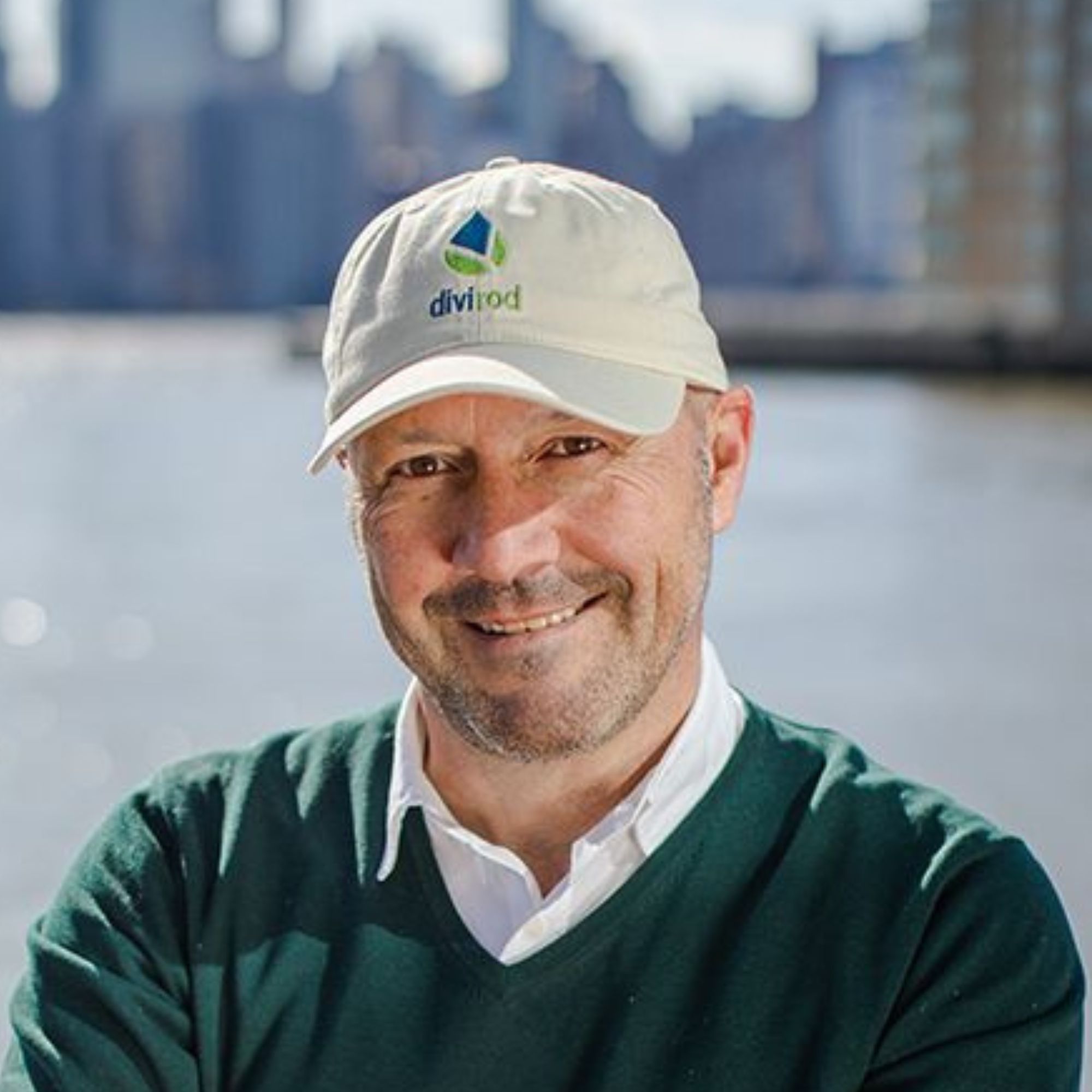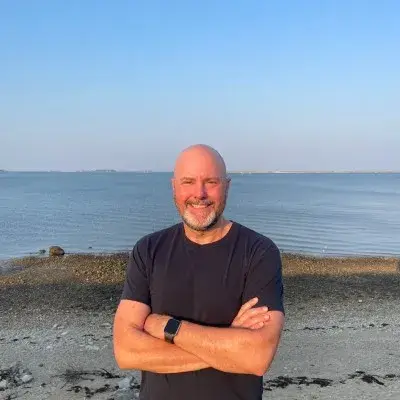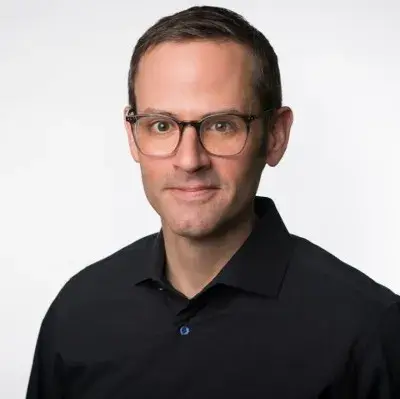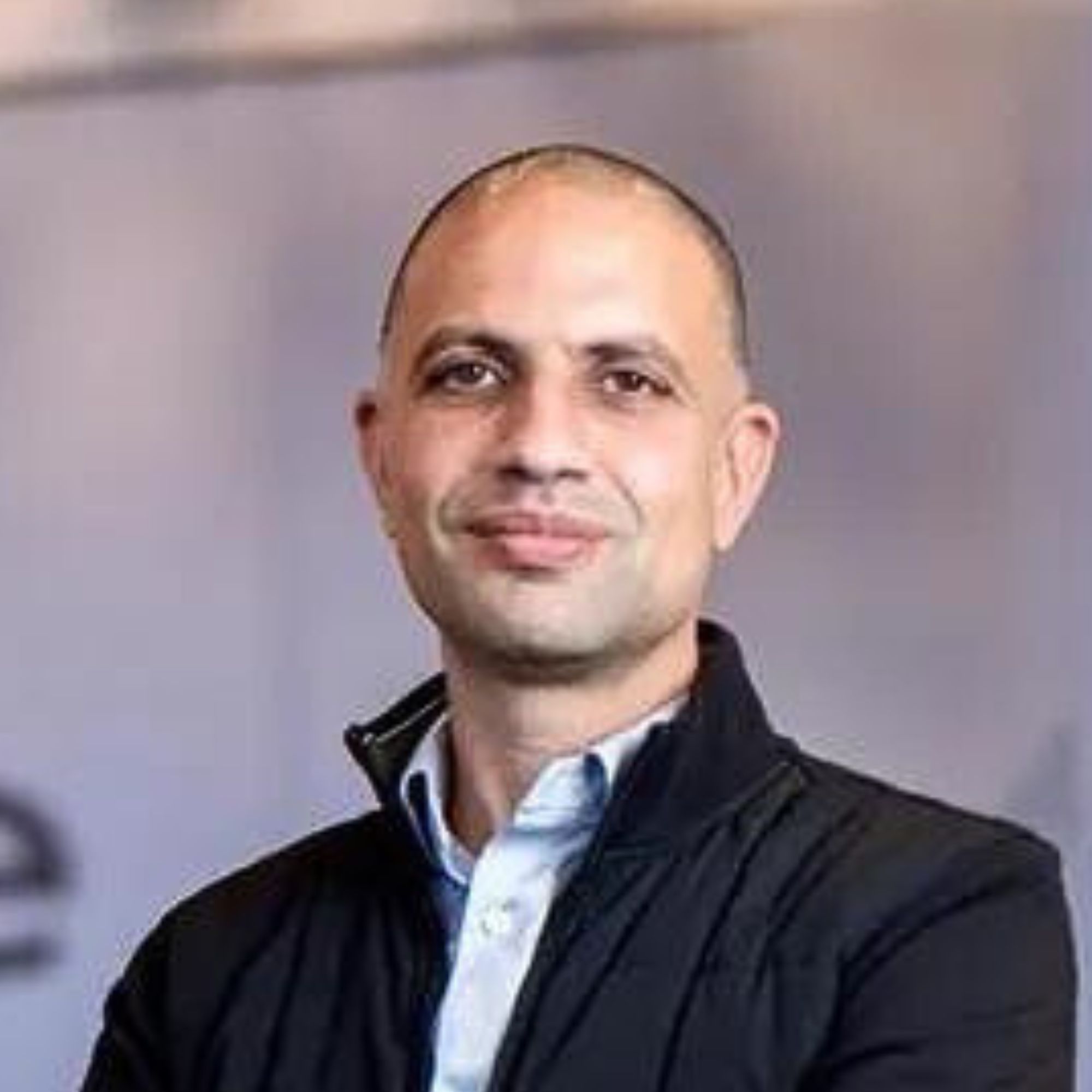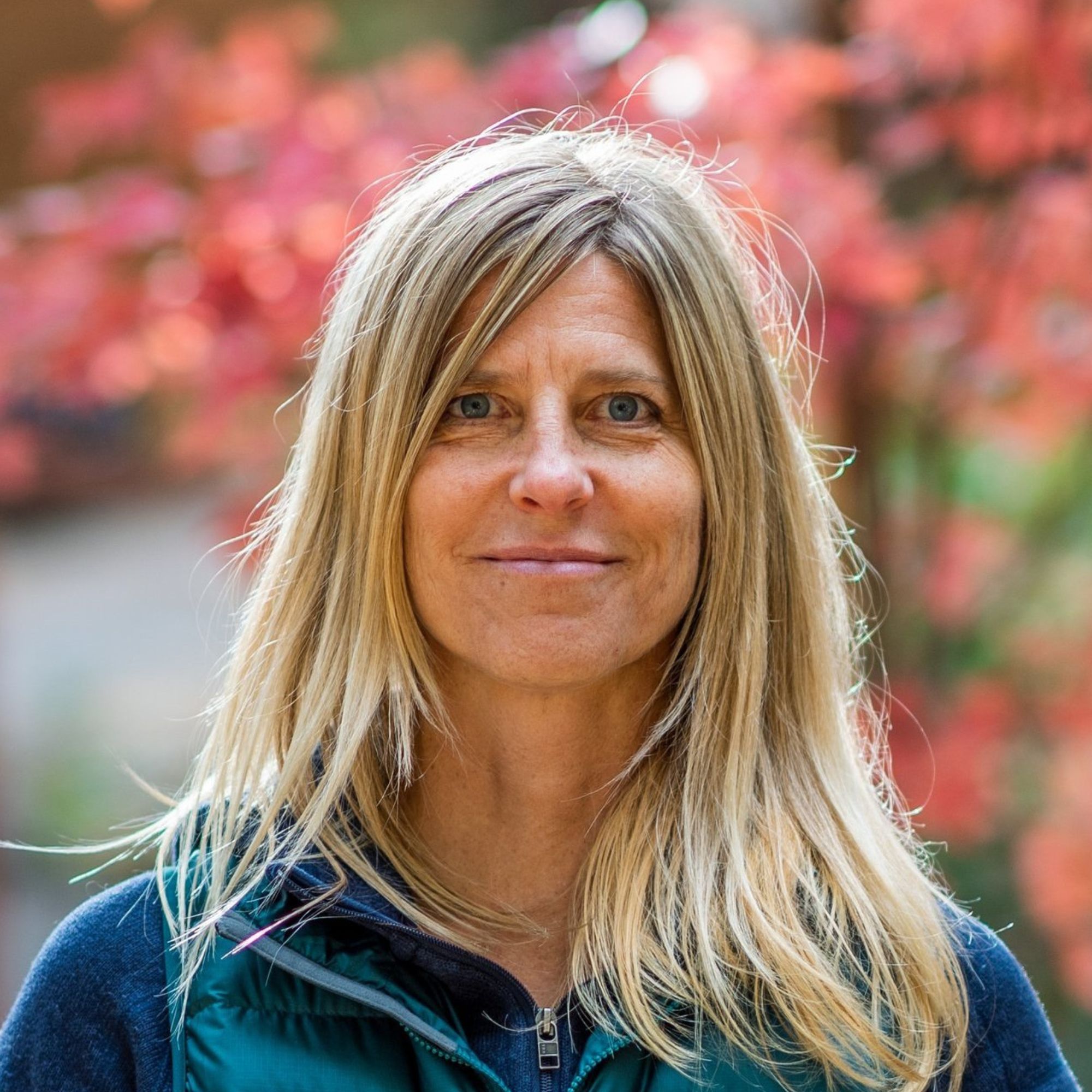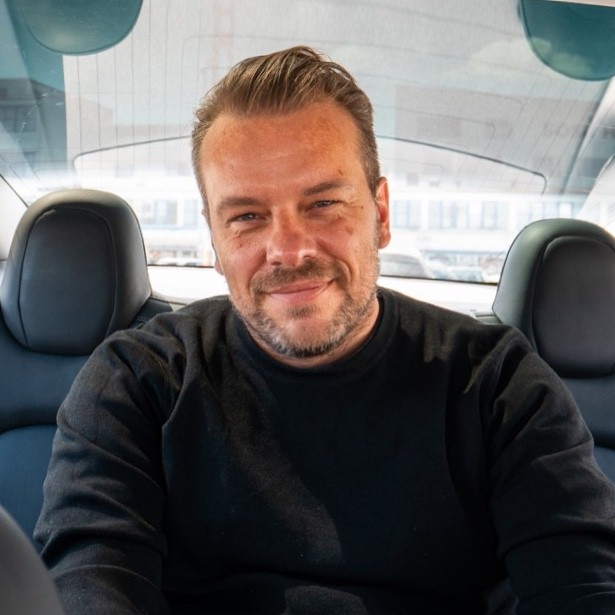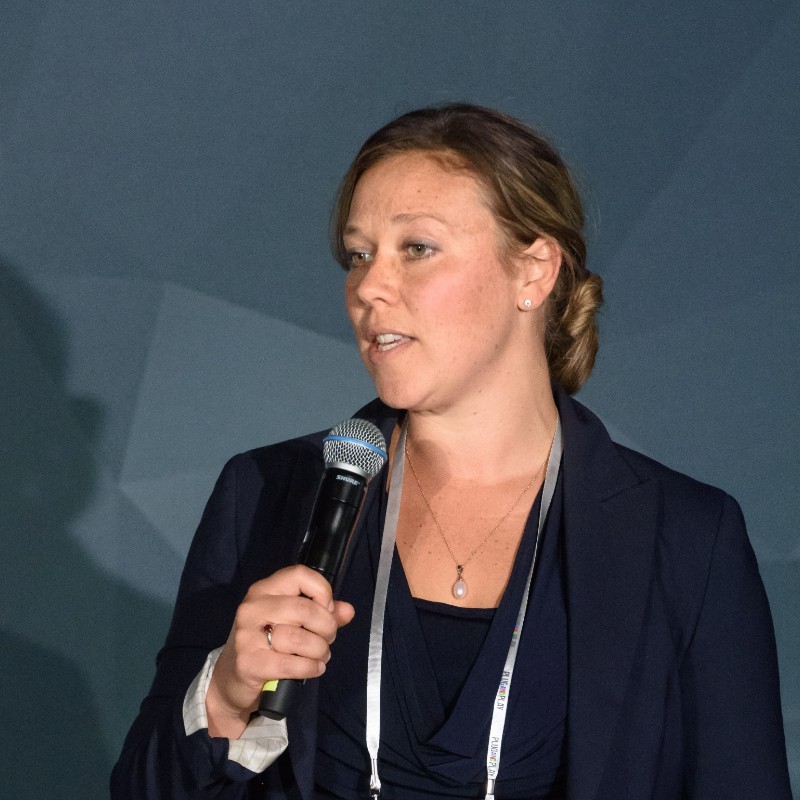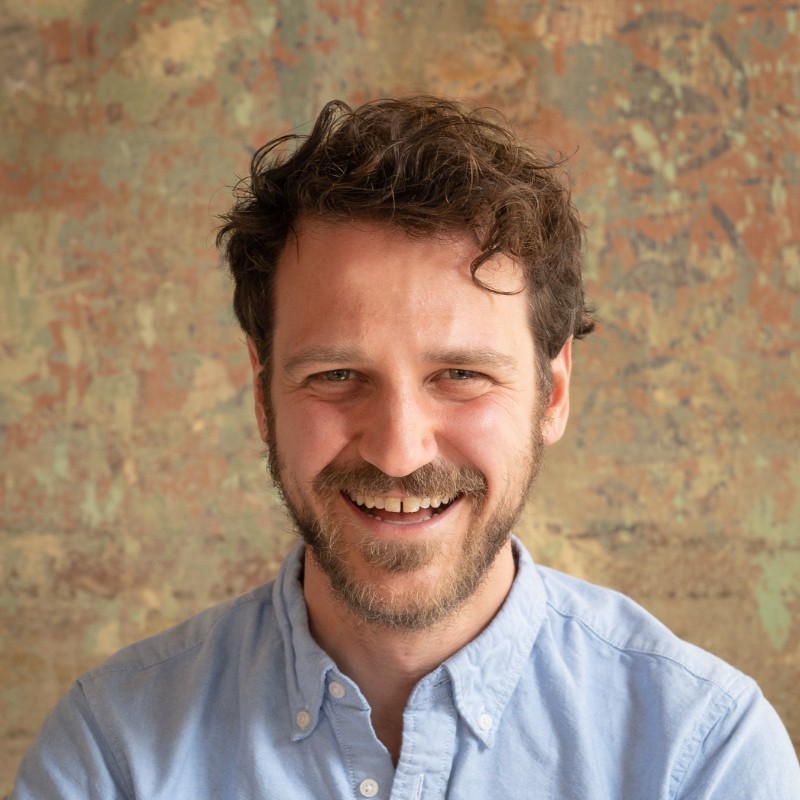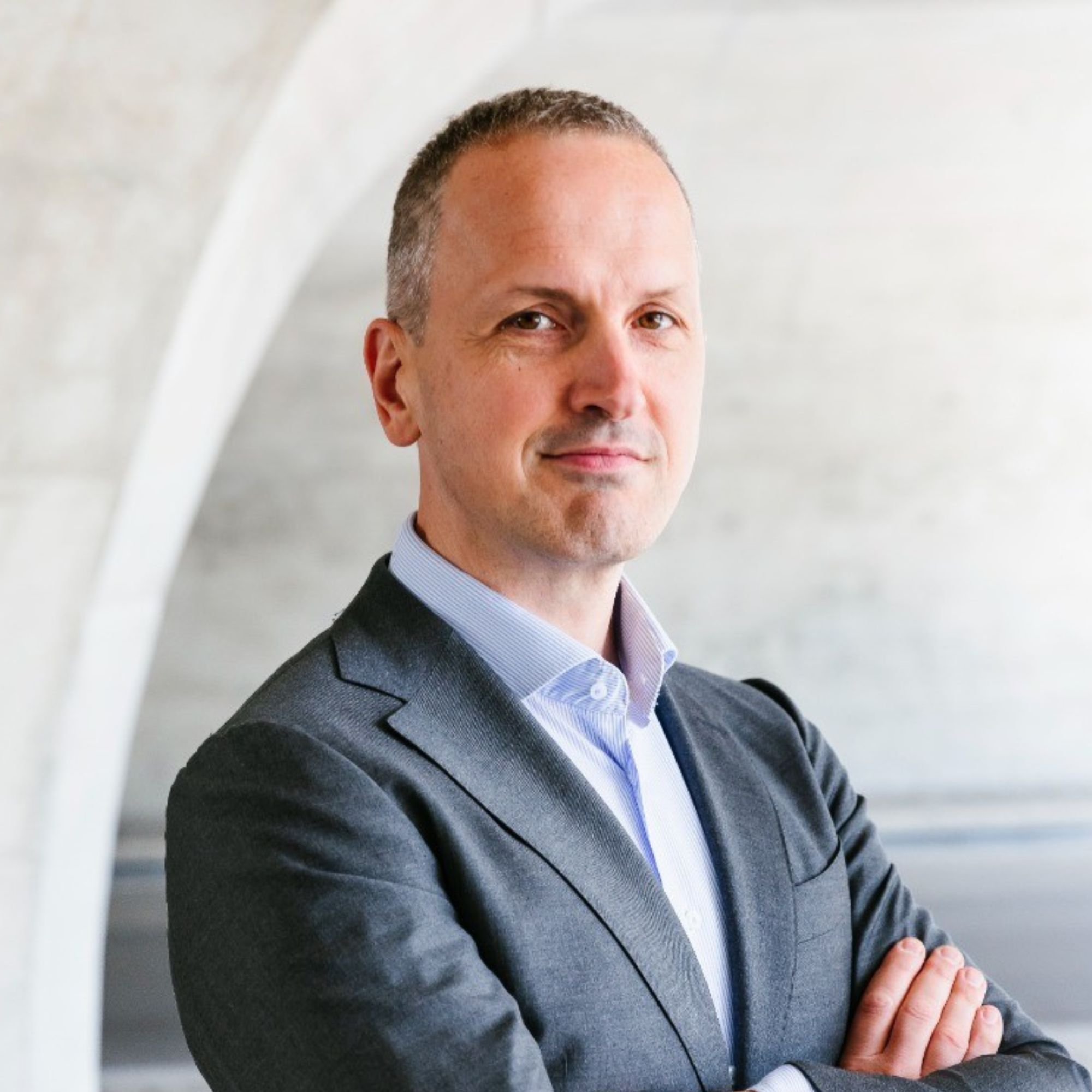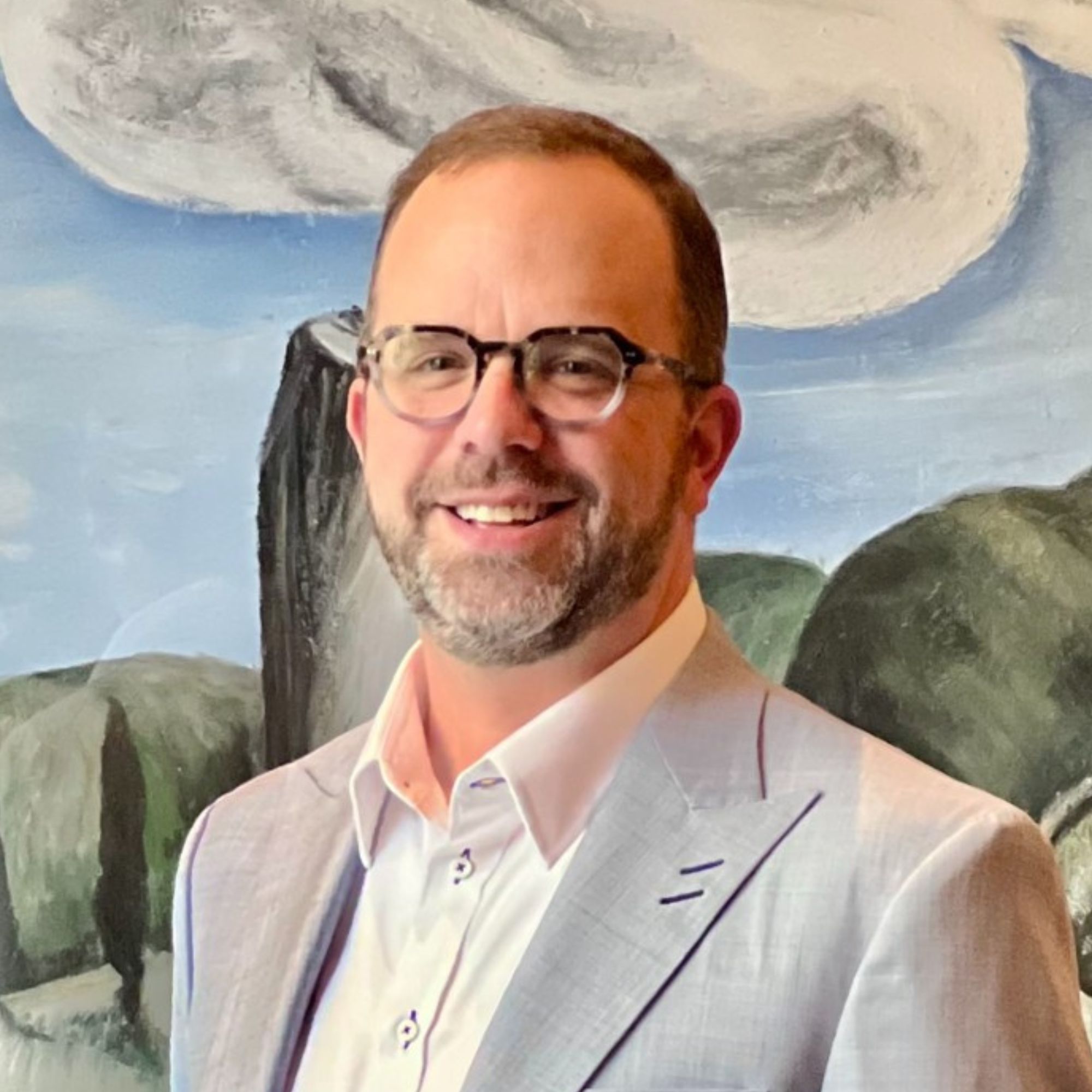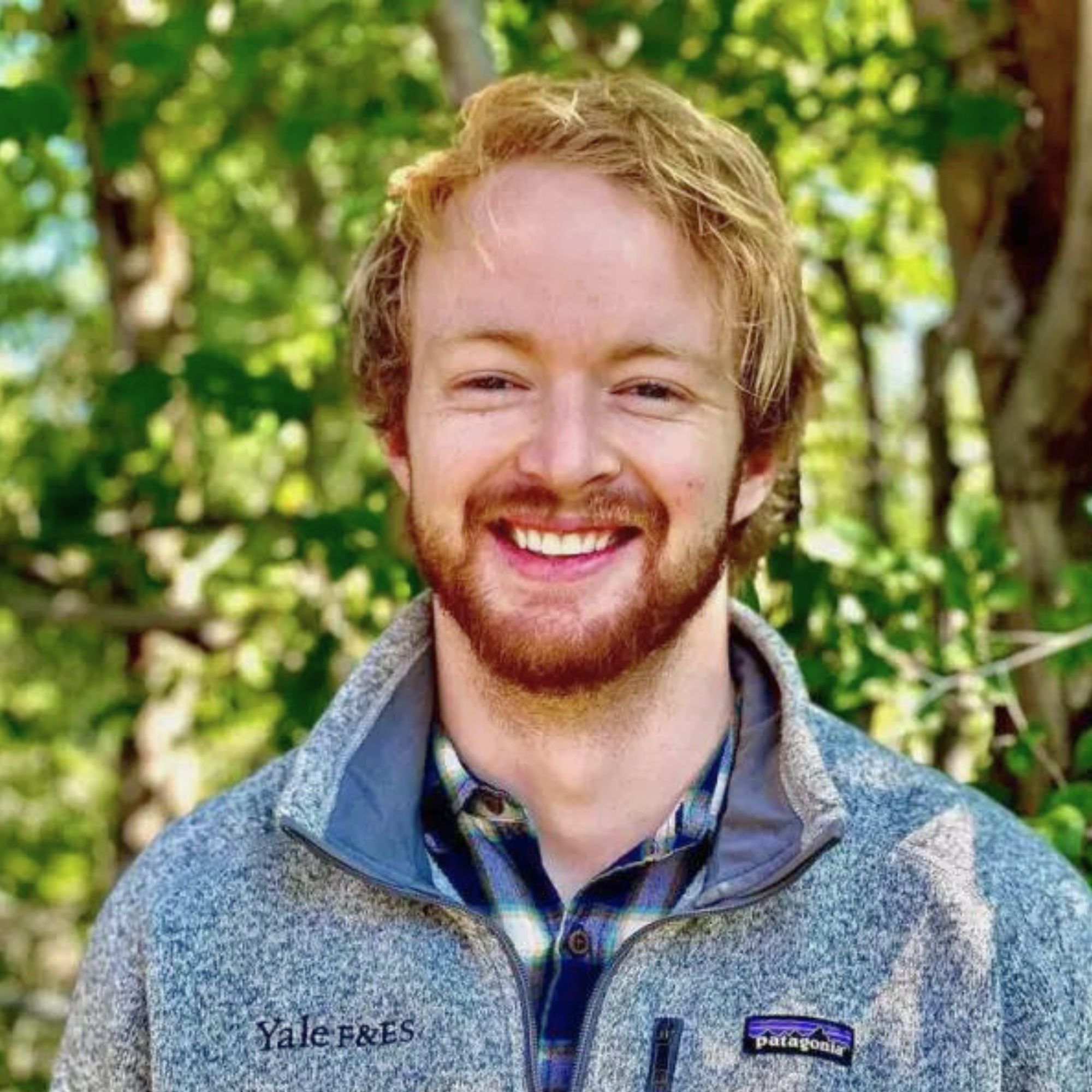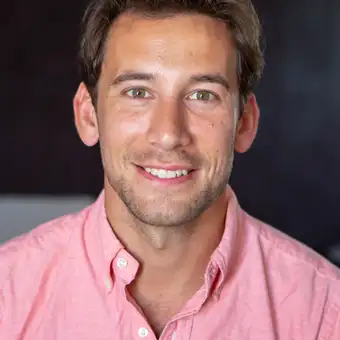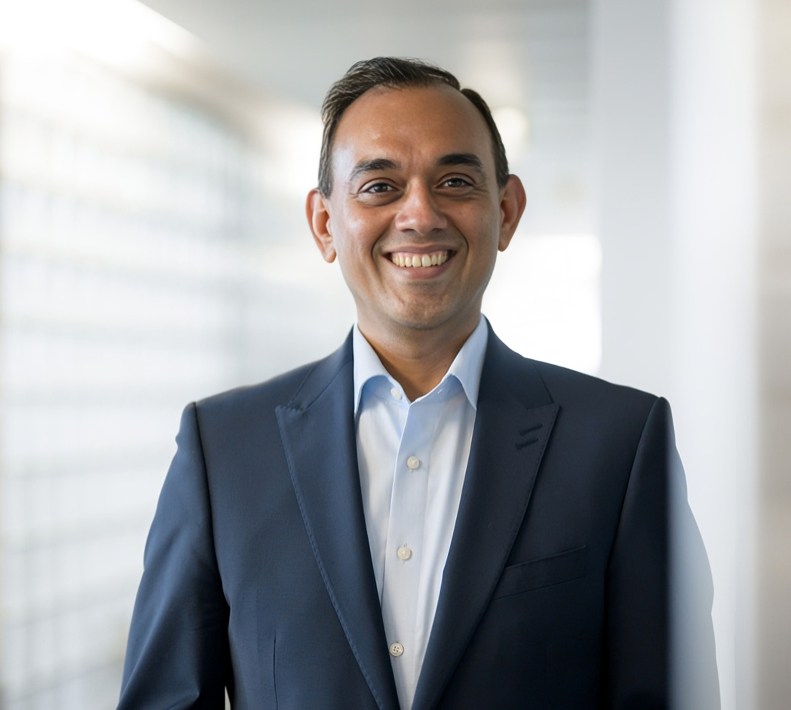Ready to launch your own podcast? Book a strategy call.
Frontlines.io | Where B2B Founders Talk GTM.
Strategic Communications Advisory For Visionary Founders
Conversation
Highlights
Building Trust in Concrete: ecoLocked’s Unconventional Path to Market
The construction industry contributes 15% of global emissions annually, with cement alone responsible for 8% – four times more than the entire aviation sector. When ecoLocked set out to tackle this massive environmental challenge with $6 million in funding, they faced a fundamental question: how do you convince one of the world’s most conservative industries to adopt revolutionary technology?
In a recent episode of Category Visionaries, co-founder and co-CEO Steff Gerhart shared how ecoLocked is transforming buildings into carbon sinks through CO2 negative concrete admixes, while navigating the complex dynamics of bringing innovation to a risk-averse market.
The Market Opportunity Hidden in Plain Sight
ecoLocked’s journey began with a crucial insight about the carbon removal market. “For a long time the focus was on emission reductions,” Steff explains. “But even in best case scenarios, we will not get close to our climate goals. We additionally need to suck CO2 out of the atmosphere.”
Their research revealed that biochar carbon removal accounted for over 90% of carbon removal credits sold in 2023. Yet despite this dominance, the technology remained small-scale due to a critical limitation: it lacked scalable end applications for the biochar it produced.
The construction industry, with its massive environmental impact and need for new solutions, presented an ideal opportunity. But entering this market would require a radically different approach to product development and marketing.
The Counter-Intuitive Marketing Strategy
While most startups rush to market with minimal viable products, ecoLocked took the opposite approach. They deliberately stayed quiet for two years while perfecting their product.
“It was always a big question for us, when should we really go out and become very vocal about what we are doing?” Steff shares. “Because we knew it would take some time and there’s the risk then that you go out. Everyone is like interesting and looking and wanting to talk, but you’re not ready. And until you get ready, you are kind of yesterday’s news.”
Instead of broad marketing, they focused on carefully selected potential customers who met specific criteria. “We look for customers who are already marketing their material as environmentally less harmful, sustainable,” Steff explains. “And we checked that they had either partnered with startups before or they have done some innovative approach within their own operations.”
Building Trust Through Education
Rather than leading with product features, ecoLocked invested heavily in education. “A lot of people are not very knowledgeable about sustainability, about carbon removal,” Steff notes. “This is a whole new topic that they have never been in touch with before.”
They created infographics, videos, and thought leadership content to help potential customers understand the fundamentals before attempting any sales conversations. This educational approach helped bridge the knowledge gap while building credibility in an industry where trust is paramount.
The Power of Geographic Focus
While receiving interest from across the globe, ecoLocked maintained strict geographic discipline. “Since we rely on a supply chain that right now we are focusing here on the kind of European part, that would be quite some effort to build up a new supply chain in that other market,” Steff explains.
This focus allowed them to build reliable operations and strong customer relationships in their home market before expanding. Even as they field requests from North America, South America, and Asia, they remain committed to their strategic expansion approach: “If we decide to go into a new region, then we would do preparation and with full force.”
Looking Ahead: The Path to Scale
ecoLocked’s vision extends beyond their current success in Germany and the Netherlands. “For us, we really need scale,” Steff emphasizes. “Because in the end, we are in this for the climate. We want to unlock the built environment as a carbon sink for this biochar industry.”
Their journey demonstrates that entering conservative industries with innovative technology requires patience, precision, and a willingness to break conventional startup wisdom. By prioritizing product readiness over marketing, education over sales, and focus over rapid expansion, ecoLocked has created a blueprint for bringing revolutionary technology to traditional markets.
Actionable
Takeaways
Target Early Adopters Strategically:
Steff revealed their approach to finding first customers by focusing on concrete producers who already marketed sustainable products and had previous startup partnerships. She explained, "We look for customers who are already marketing their material as environmentally less harmful, sustainable...and we checked that they had either partnered with startups before or they have done some innovative approach within their own operations."
Time Your Market Entry Carefully:
The team deliberately delayed broad marketing efforts until their product was market-ready. Steff shared, "It was always a big question for us, when should we really go out and become very vocal about what we are doing? Because we knew it would take some time and there's the risk then that you go out...but you're not ready. And until you get ready, you are kind of yesterday's news."
Balance Technical Transparency with Vision:
In a risk-averse industry, ecoLocked found success by carefully balancing technical transparency with maintaining excitement about their solution. Steff noted, "We kind of need to balance these conversations by obviously being open in what our product can and cannot do...without scaring them away or not getting them excited."
Invest in Education Before Sales:
For innovative products in traditional industries, education is crucial. ecoLocked invested in creating infographics, videos, and thought leadership content to help potential customers understand carbon removal and sustainability concepts. As Steff explained, "A lot of people are not very knowledgeable about sustainability, about carbon removal...This is a whole new topic that they have never been in touch with before."
Consider Funding Strategy Carefully:
Deep tech startups face unique fundraising challenges compared to digital products. Steff advised, "If you rise in deep tech, in climate tech...you need hardware. In our case, we needed a laboratory. This is a whole different story in terms of how quickly the hockey stick goes up and how much money you need early on."













